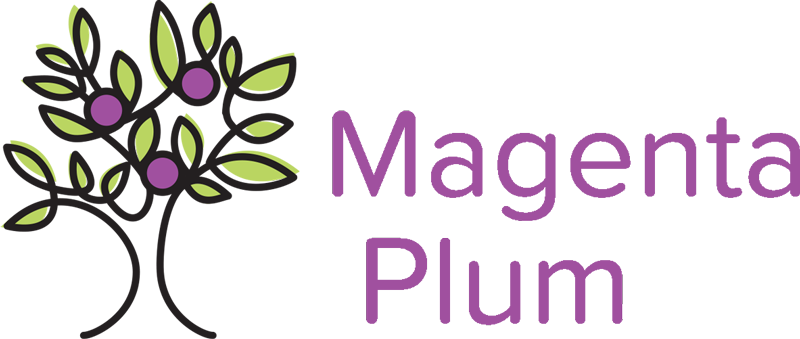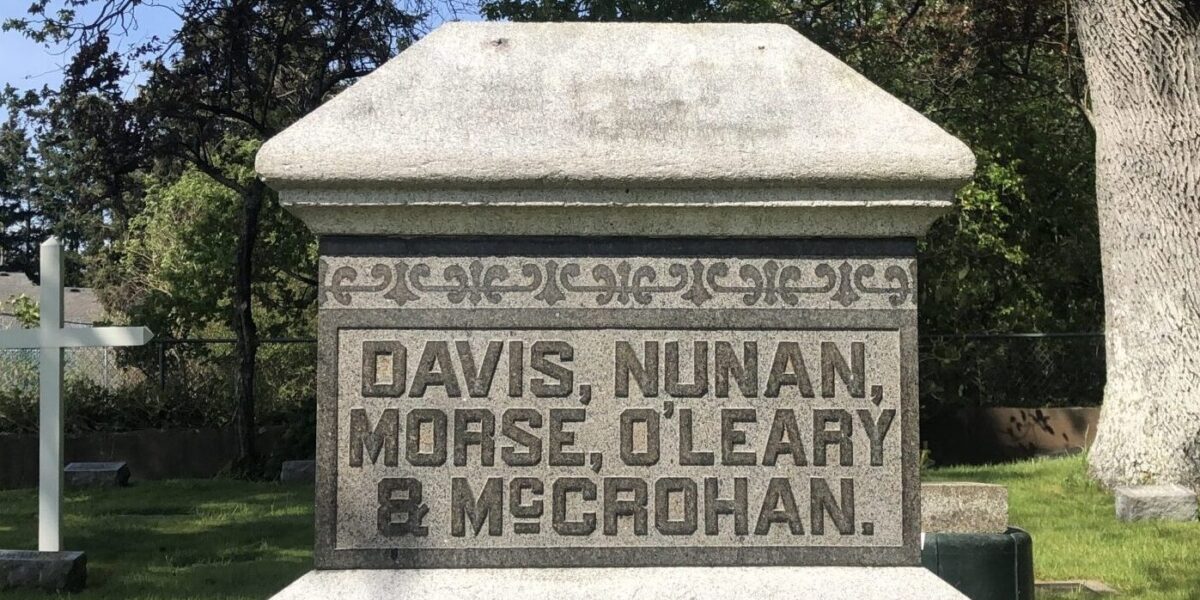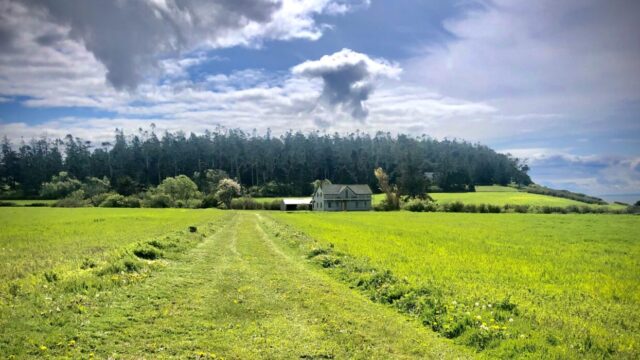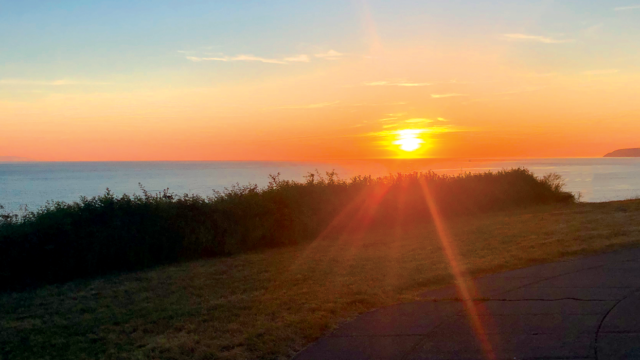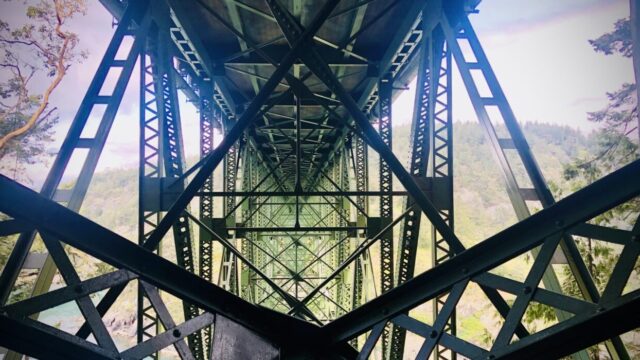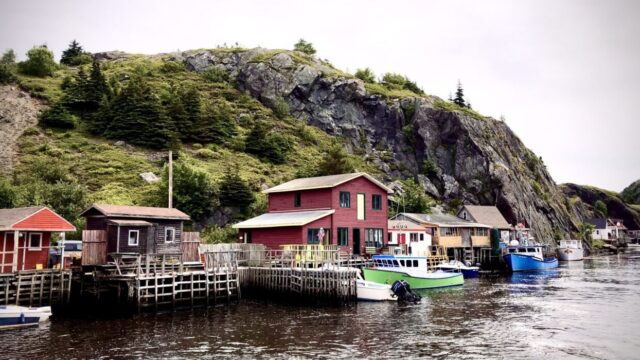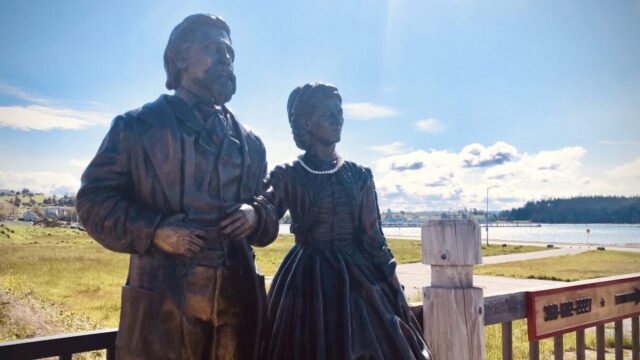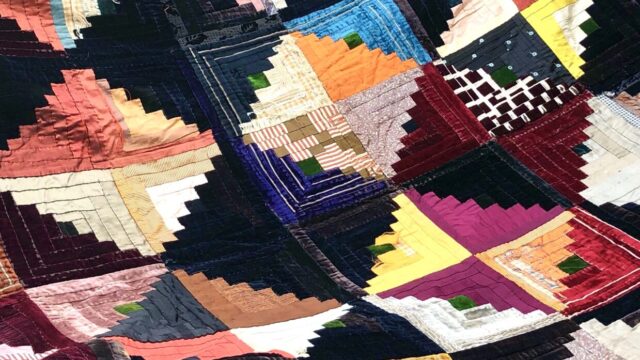My breath fogged up in front of me as I left the warmth of the car. The heavy raincoat I was wearing was no match for the morning and did little to stop my shivering. Traipsing through the wet grass, I made my way past the leaves and pinecones, acutely aware of my shoes absorbing the dew, but oblivious at first to the two pairs of eyes watching from beneath the trees. It was crisp and quiet as my family made our way to a sacred place. A place of connection, memory and the past. An inspiring space, but also one of heartache.
More than twenty years ago, I saw it as a formidable spot, signaling history and commitment, with the weight of that squarely on my small shoulders. This morning, it was just me, my family and two deer beyond the chain-link fence. What once seemed so large in my child-like memory was replaced with what appeared before me.
Stones jutted up from the earth and flat markers were barely visible beneath the grass. A large monument stood proudly at the center of the area, listing five surnames — Davis, McCrohan, Morse, Nunan and O’Leary — forever etched in stone. Here I stood, taking in the peaceful morning and the meaning of the moment. It was October 2021. More than a year into the COVID-19 global pandemic, my family had journeyed to my mother’s ancestral home — Whidbey Island, Washington.
However, what we found through all this, was a desire for something different. A new way of life that would bring us closer together and more connected to who we are.
On a brisk autumn morning, we found ourselves walking through the humble walls of the Pioneer Burial Park, the final resting place for generations of ancestors who came before us. Having grown up in Southern California, the trek to this part of the Pacific Northwest was relatively infrequent. Years of schooling and demanding full-time jobs meant being in the same place at the same time was rare, reserved mainly for the holidays. My immediate family hadn’t been on Whidbey Island together for more than a decade. But for the five of us, that was all about to change.
The COVID-19 pandemic brought changes to our lives, as it did for many worldwide. As millions of people responded to the global health crisis, my family transitioned to remote work and school, dealt with financial insecurity and income concerns, and constantly feared the virus that seemed to be everywhere. Amid the chaos and fear, we discovered something else — connection. During the pandemic, family interactions were relegated to virtual computer gatherings, phone calls and emails. The few times we were able to meet up in person were preceded by months of herculean planning and constant uncertainty. However, what we found through all this, was a desire for something different. A new way of life that would bring us closer together and more connected to who we are. That’s how we ended up on Whidbey Island that cool morning, contemplating a move, new business ventures and an entirely foreign way of life.
